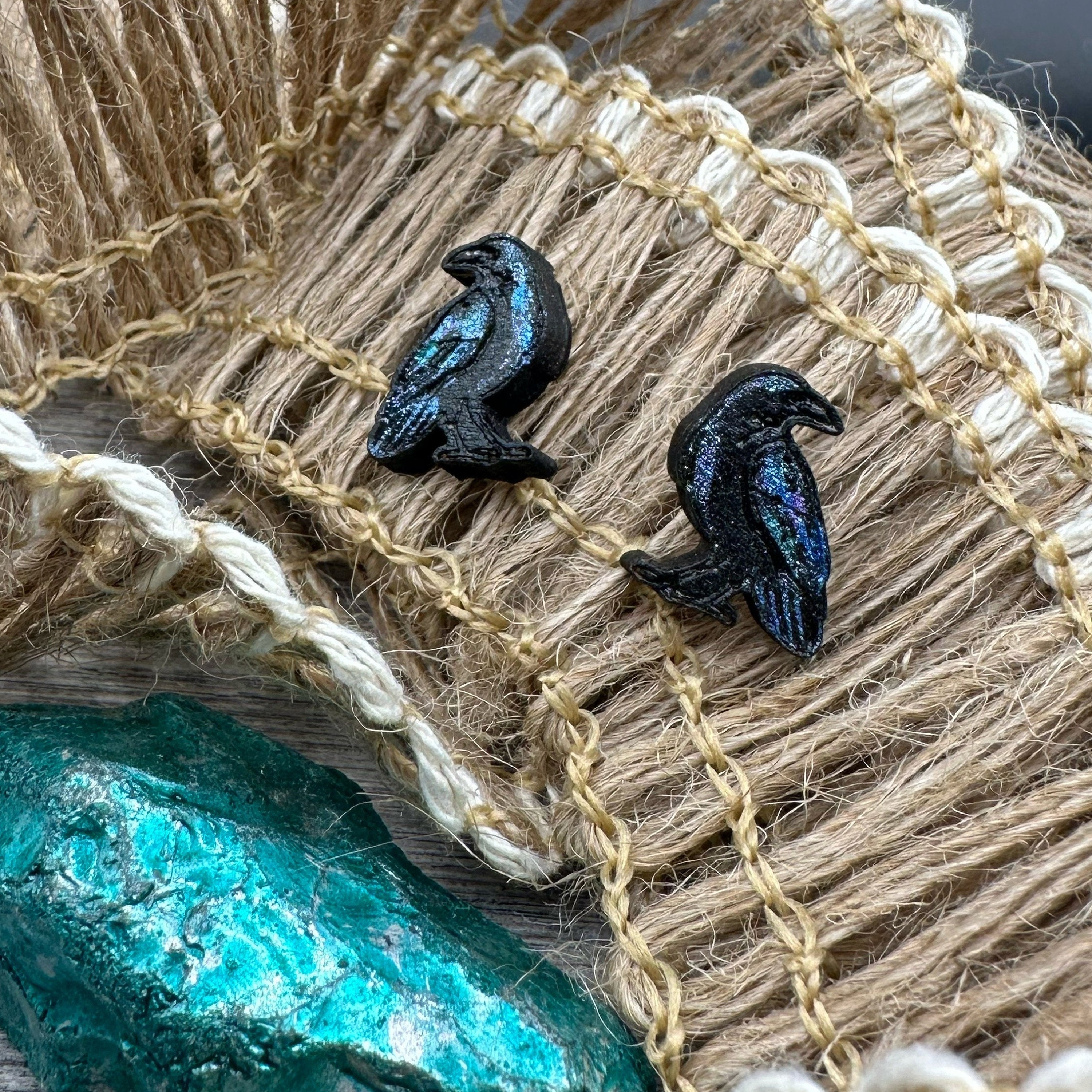1. Intelligence and Problem-Solving Skills
Crows are among the most intelligent animals in the world. Their brain-to-body ratio is comparable to that of great apes and dolphins. They can solve complex puzzles, use tools, and even recognize human faces.
2. Communication and Social Structures
Crows have intricate communication systems. They use a variety of calls and body language to convey warnings, coordinate group activities, or even share food locations. Their strong social bonds often result in cooperative behavior within their groups, known as "murders."
3. Memory and Facial Recognition
Crows can recognize and remember human faces, associating them with kindness or threats. They pass this information to other crows, creating a network of shared knowledge about potential dangers.
4. Tool Usage and Innovation
Crows use sticks, leaves, and even man-made items as tools to extract food. Some species, like the New Caledonian crow, are particularly adept at shaping and adapting tools for specific tasks.
5. Adaptability to Urban Environments
Crows thrive in urban settings, adapting their diets and behaviors to exploit human environments. They are known to use traffic to crack nuts and time their retrieval to avoid vehicles.
6. Diet and Ecological Role
Crows are omnivorous, eating everything from insects and small animals to fruits and discarded human food. They play a crucial role in ecosystems as scavengers, helping to clean up waste and carcasses.
7. Cultural Significance and Symbolism
In various cultures, crows symbolize wisdom, transformation, or mystery. They appear in folklore, mythology, and art, often associated with omens or messengers between worlds.
8. Lifespan and Habitat
Crows typically live 10-15 years in the wild but can live much longer in captivity. They are found on every continent except Antarctica, inhabiting diverse environments ranging from forests to cities.
9. Cooperative Behavior
Crows exhibit cooperative hunting and parenting behaviors. They often work together to drive away predators or share responsibilities in raising their young.
10. Scientific Research on Crows
Crows have been the subject of extensive research, particularly in animal cognition. Studies show their ability to understand cause-and-effect relationships, plan for the future, and even exhibit self-awareness.
Check out our crow themed merchandise to start conversations where you can share cool crow facts too.
